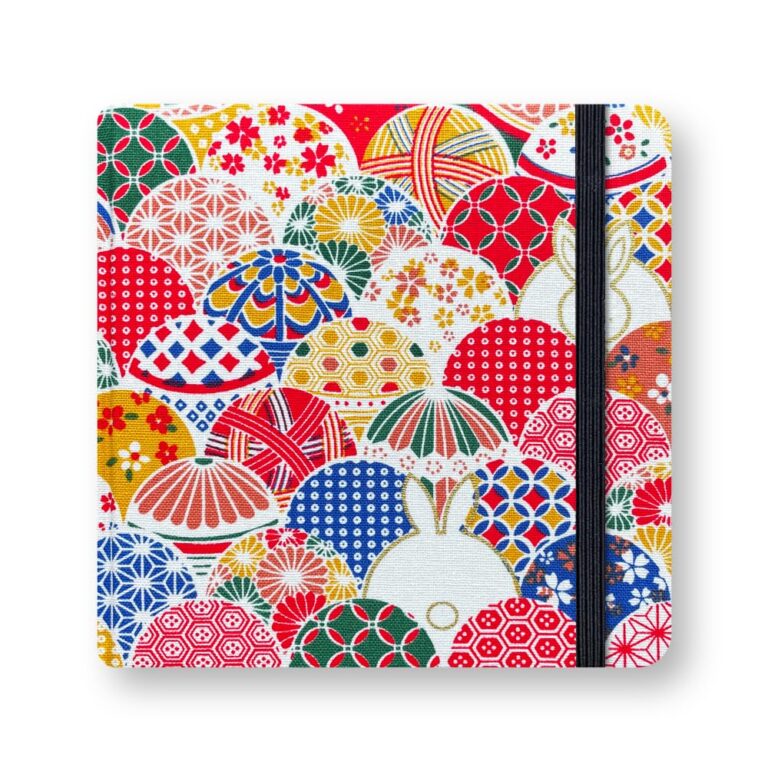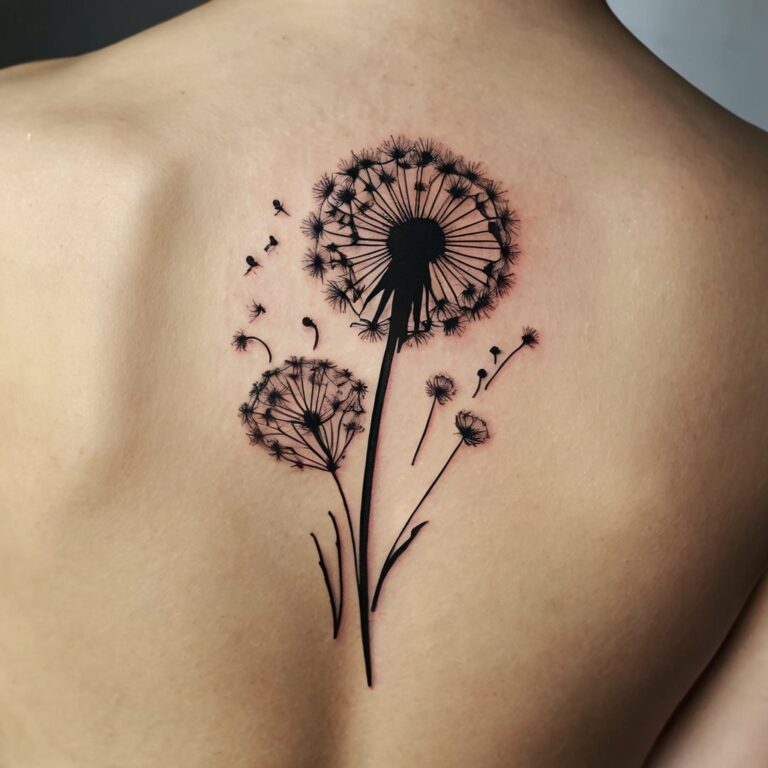So you’ve just added some fresh ink to your collection, and it’s looking sharp! A week has flown by, and you’re itching to soak in a bath. But wait, is that really a good idea with your new tattoo? Before you dive into the tub, let’s talk about what happens when you take a bath with a week-old tattoo.
Diving into a bathtub might seem like the perfect way to relax, but when it comes to new tattoos, it’s a bit more complicated. Your tattoo is not just art; it’s an open wound in the healing process. Understanding the impact of soaking that fresh ink is crucial for its longevity and vibrancy. Let’s uncover the truth behind the bubbles and see how it affects your week-old masterpiece.
Key Takeaways
- Submerging a week-old tattoo in water increases infection risk: A fresh tattoo is essentially an open wound vulnerable to bacteria and pathogens found in water, making baths and swimming pools risky environments for new ink.
- Water exposure can lead to ink fading and uneven healing: Immersing a tattoo in water too early can cause the ink to leech from the skin, affecting the tattoo’s clarity, vibrancy, and overall appearance once healed.
- Protective measures can prevent damage: Opting for short, lukewarm showers instead of baths, avoiding direct water pressure, and patting the tattoo dry with a clean towel can help safeguard the tattoo during the critical healing phase.
- Proper product selection is crucial: Using gentle, fragrance-free soaps and possibly sulfate-free shampoos minimizes the risk of irritating the tattooed skin and interfering with the healing process.
- Personalized aftercare is important: Consultation with professional tattoo artists for tailored aftercare advice is recommended to ensure optimal healing and preservation of the tattoo’s aesthetic quality.
Potential Risks of Bathing with a Week-Old Tattoo
When you’ve just added a beautiful piece of art to your body, it’s natural to want to take care of it. A week-old tattoo is in a critical healing phase, and you might wonder about the safety of bathing with it. Understanding the risks involved is crucial to ensuring your ink remains vibrant and infection-free.
First and foremost, submerging your tattoo in water can significantly increase the risk of infection. A fresh tattoo is essentially an open wound, making it susceptible to bacteria and pathogens commonly found in water sources, including bathtubs and swimming pools. Even with rigorous cleaning standards, it’s impossible to guarantee these environments are entirely free of harmful microorganisms.
Another significant concern is tattoo fading and ink dispersal. Immersing a new tattoo in water can cause the ink to leech out of the skin. This not only affects the clarity and vibrancy of the design but can also lead to uneven healing, resulting in a blotchy appearance. Proper healing requires the tattoo to remain dry and intact, allowing the skin to absorb the ink fully.
Lastly, water exposure can prematurely strip away the protective scab that forms over a healing tattoo. While it may seem counterintuitive, this scab plays a vital role in the healing process, shielding the tattoo from external irritants and infections. Removing it too early can leave your skin vulnerable and delay the overall healing process.
To ensure your tattoo heals properly and remains vibrant for years to come, consider following the guidance of professional tattoo artists and healthcare providers. They often recommend keeping the tattoo dry and clean, especially during the first few weeks post-inking. Additionally, moisturizing the area with a recommended lotion can aid in the healing process without the risks associated with soaking in water.
Effect of Water on the Healing Process
When you’ve just gotten a tattoo, understanding how water impacts its healing is crucial. It’s tempting to soak in a bath and let the water run over your new ink, but knowing the risks can save you from complications down the line.
Submerging your week-old tattoo in water can significantly impede the healing process. Fresh tattoos are essentially open wounds, and exposing them to water, especially standing water like in baths or swimming pools, opens the door to bacteria and infections. These environments contain a plethora of microorganisms that can cause harm to your skin and your new tattoo.
Moreover, water exposure does more than just increase the risk of infection. It can also lead to ink fading and dispersal. The first few weeks are critical for your tattoo’s healing process, and water can cause the ink to bleed, affecting the clarity and vibrancy of your tattoo design. The detailed artwork you’ve invested in can become blurred or less defined if not properly cared for in these early stages.
To protect the vibrancy and integrity of your tattoo, it’s advised to avoid long soaks in water and opt for quick, gentle showers instead. When showering, avoid directing high-pressure water directly onto your tattoo. Pat the area dry with a clean, soft towel instead of rubbing it, as this can irritate the skin further.
Remember, the goal is to keep your tattoo dry and clean to ensure optimal healing. By following these guidelines, you safeguard not only your health but also the artistry and long-term appearance of your tattoo. Your skin’s ability to heal efficiently without complication is paramount in maintaining the tattoo’s aesthetic appeal.
The Role of Soap and Shampoo
When you’re dealing with a week-old tattoo, the type of soap and shampoo you use can significantly impact the healing process. It’s crucial to understand that not all products are tattoo-friendly, even those labeled as gentle or natural. Chemicals and fragrances in common soaps and shampoos can irritate your new tattoo, leading to discomfort and potentially affecting the healing outcome.
Firstly, let’s talk about soap. Opt for a soap that’s free of fragrances and harsh chemicals. Antibacterial soaps are often recommended because they help keep the area clean and reduce the risk of infection without overly stripping the skin. The key is to lightly apply the soap around the tattooed area without directly scrubbing the tattoo. This method ensures that you’re keeping the area clean while minimizing the risk of damaging the healing skin.
Onto shampoos. When you’re washing your hair, you’ll naturally have shampoo run down your body. This can be problematic for your healing tattoo if the shampoo contains sulfates, a common ingredient that can cause irritation and dryness. To protect your tattoo, tilt your head back and try to direct the shampoo runoff away from the tattooed area. Alternatively, consider using a sulfate-free shampoo while your tattoo is healing to minimize any potential irritation.
Remember, the goal during the healing process is to maintain a balance where your tattoo remains clean but isn’t exposed to harsh chemicals that could disrupt the healing process. After gently washing the area, make sure to pat the tattoo dry with a clean, soft towel. Avoid rubbing, as this can irritate the skin and potentially affect how the ink settles.
Being mindful of the products you use on and around your tattoo is essential. Stick to gentle, fragrance-free soaps and consider sulfate-free shampoos to ensure optimal healing and preserve the beauty and clarity of your new ink.
Can Bathing Fade the Tattoo?
When you’re excited about your new ink, it’s natural to wonder about the best care practices to ensure its longevity and vibrancy. One common concern revolves around the effect of bathing on a freshly inked tattoo. Bathing can indeed fade a week-old tattoo if not approached with caution.
Submerging your new tattoo in water for extended periods softens the skin and can open the door to bacteria and infections, which not only pose health risks but can also affect the ink’s appearance. The tattooed area is essentially an open wound; soaking it can lead to ink dispersion beneath the skin, making your tattoo appear faded or blurred once healed.
Moreover, hot water can exacerbate this effect, as it further softens the skin and can potentially leech ink from the tattoo. It’s crucial to remember that your skin’s healing process is paramount in preserving your tattoo’s appearance. Short showers with lukewarm water are recommended over long soaking baths during the initial healing stages.
To safeguard your tattoo, it’s advisable to:
- Avoid direct streams of water on the tattooed area during showers.
- Pat the tattoo dry with a clean, soft towel—do not rub.
- Use gentle, fragrance-free soaps to clean the area without harsh chemicals.
Adhering to these guidelines not only promotes faster healing but also ensures that your tattoo remains as vibrant and sharp as intended. The healing process is a critical phase in your tattoo’s lifespan, and proper care during this time will greatly influence its final appearance. Checking with your tattoo artist for personalized aftercare instructions can also provide you with tailored advice to suit your specific situation.
Tips for Bathing with a Week-Old Tattoo
Bathing with a week-old tattoo calls for extra care to avoid infections, fading, and damage to your newfound ink. You’ll need to strike a balance between keeping the area clean and not soaking the tattoo. Here are some tailored tips to guide you through this delicate phase.
First and foremost, opt for showers over baths. Submerging your tattoo in a bathtub, swimming pool, or hot tub can expose it to harmful bacteria and chemicals, risking infection and ink deterioration. Short, lukewarm showers are your best bet during the initial healing stages.
When it comes to showering, avoid direct water pressure on your tattoo. Let the water hit another part of your body first and then run off onto the tattooed area. This gentle approach minimizes the risk of washing out the ink or causing unnecessary irritation.
Use the right cleaning products. Not all soaps and cleansers are created equal, especially when it comes to healing tattoos. Look for products that are specifically labelled as gentle, fragrance-free, and free of harsh chemicals. These formulations are less likely to irritate your skin or interfere with the healing process.
- Pat your tattoo dry with a clean towel. After showering, don’t rub the tattooed area. Instead, lightly pat it dry. This simple yet effective technique helps avoid irritation and ensures that the area remains infection-free.
Maintaining the cleanliness of your tattoo is paramount, but so is allowing it to breathe and heal naturally. Follow these guidelines, and you’re on the right track to protect your week-old tattoo while bathing. Keep in mind that every individual’s skin and tattoo healing process can vary, so it’s also wise to consult with your tattoo artist for personalized advice. They can provide recommendations based on your specific situation, ensuring your tattoo heals beautifully and lasts a lifetime.
Conclusion
Taking care of your week-old tattoo while bathing is crucial for its healing and longevity. Remember to opt for showers, use gentle soaps, and avoid direct water pressure. Patting your tattoo dry and keeping it clean will safeguard against infections and ensure your tattoo heals beautifully. Always consider your tattoo artist’s advice for personalized care. By following these simple steps, you’re setting your tattoo up for success, keeping it vibrant and infection-free for years to come.
Frequently Asked Questions
Can I take a bath with a week-old tattoo?
No, it is not recommended to take baths with a week-old tattoo. Opt for showers instead to minimize exposure to harmful bacteria that could lead to infections.
Should I let water directly hit my week-old tattoo while showering?
Avoid letting direct water pressure hit your tattoo during the initial healing phase. Gently splash water over it to keep the direct pressure off.
What kind of soap should I use on my new tattoo?
Use gentle, fragrance-free soaps to clean your new tattoo. Harsh chemicals found in other soaps can irritate the skin and disrupt the healing process.
How should I dry my tattoo after showering?
After showering, lightly pat your tattoo dry with a clean towel. Do not rub, as this can cause irritation or even damage to the tattoo.
Is it important to keep my new tattoo clean?
Yes, maintaining cleanliness is crucial for the healing process of your tattoo. Keeping the tattoo clean helps avoid infections and ensures proper healing.
Can I ask my tattoo artist for advice about taking care of my new tattoo?
Absolutely, consulting with your tattoo artist for personalized advice on aftercare is strongly recommended. They can provide guidance specific to your tattoo and skin type.







